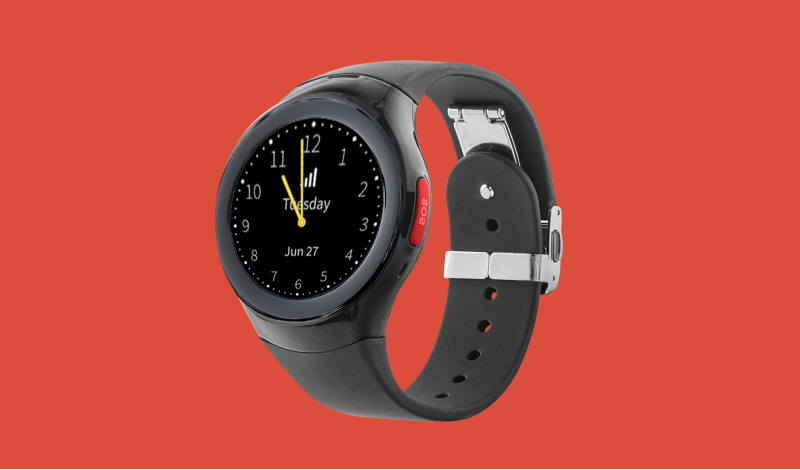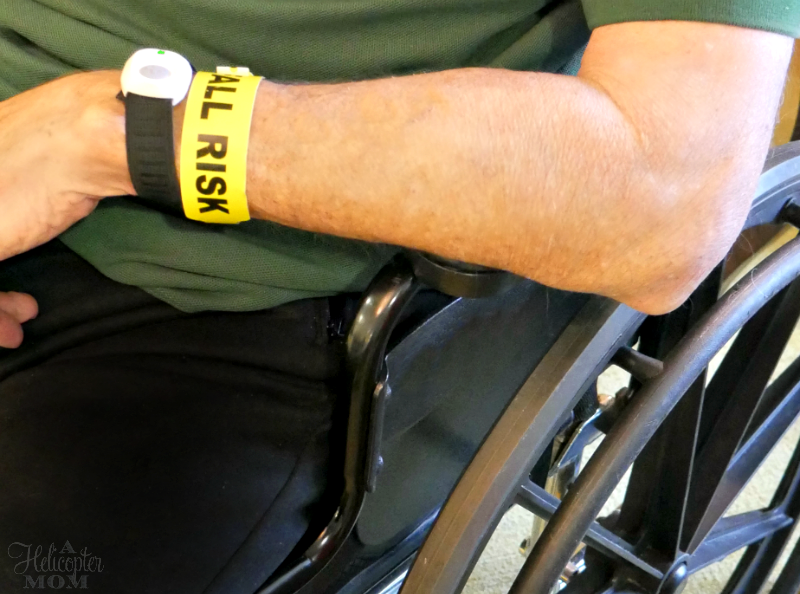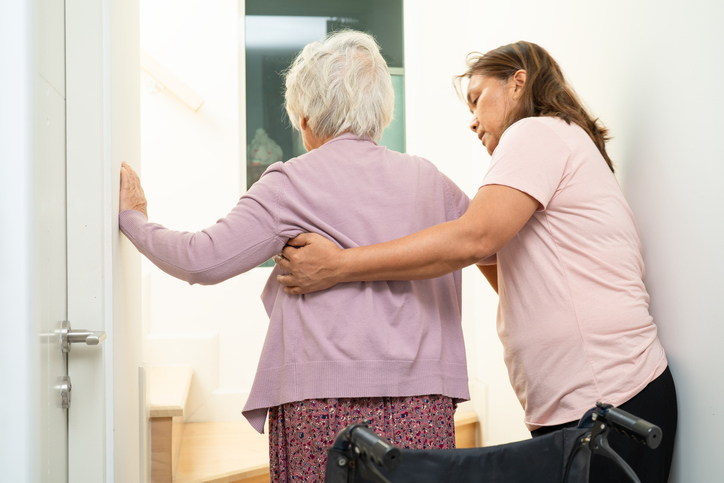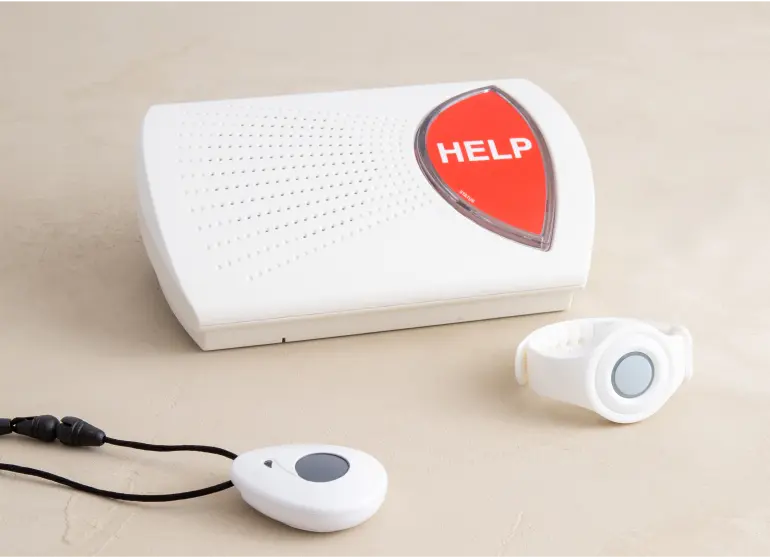What to Do If Your Senior Loved One Has Fallen
When you get the call that your senior loved one has fallen, panic sets in. Falls are scary for seniors and their loved ones, no matter if it has never happened before or if it is a regular occurrence. Unfortunately, seniors fall all too often. The Centers for Disease Control and Prevention notes that one in four seniors fall each year, though most senior health experts believe this number to be much too low as many seniors might not report their falls to loved ones or physicians.
If your senior loved one falls, here are some steps you can take to walk them through the aftermath as well as switch your strategies to fall prevention once they are recovered.
The Aftermath of a Fall
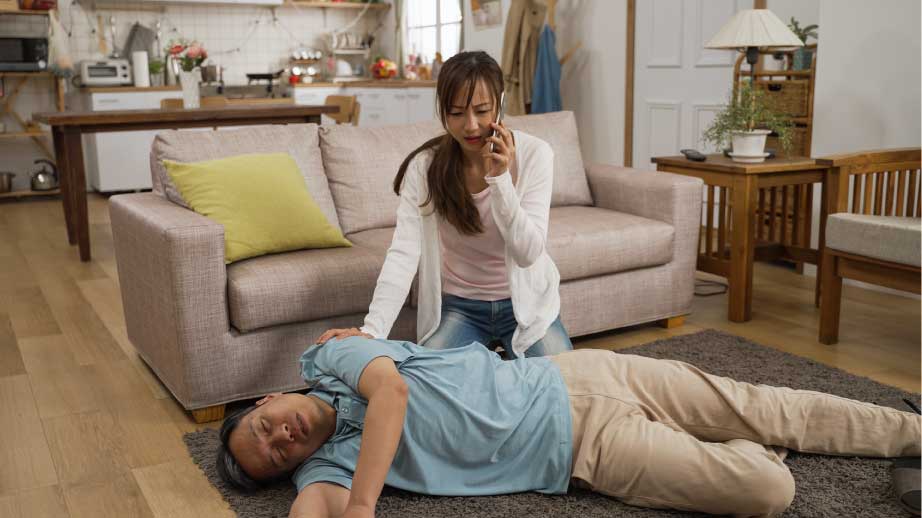
The first step to take after a senior loved one falls is to assess the physical damage. If your loved one ends up in the emergency room due to a head injury, bone fracture, or other serious injury, you will need to work with discharge planners to ensure there is a safety plan that will ensure your loved one can transition back home safely.
In many cases, seniors who are in the hospital after a fall will often need to receive rehabilitation care in a skilled nursing facility. This type of senior living community provides complex nursing care which includes pain management and inpatient physical and occupational therapy. Medicare covers this type of stay up to 100 days annually, with the first 20 days of the 100 covered at 100% and days 21-100 covered at 80%.
If the fall did not warrant a hospital visit, you should still set up a follow-up visit with your loved one’s physician. It’s important to learn more about how the fall happened, including what your loved one was trying to do at the time, and if they were able to get themselves up after the fall. Their physician can help to get those details, review your loved one’s health to make sure they aren’t hurt, and order any follow-up tests or appointments.
If your loved one resists going to the physician, remind them that it is an important step to preventing the fall from happening again.
Focus on Fall Prevention
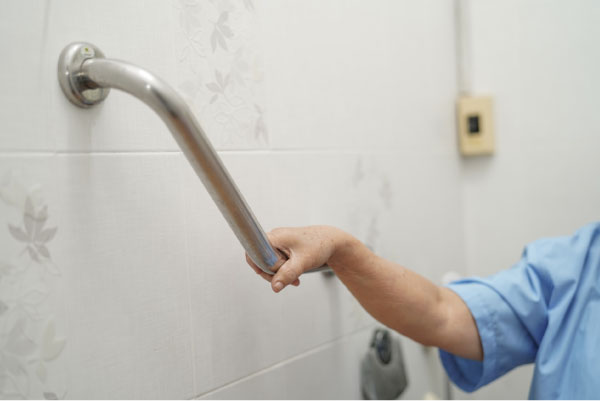
Once your loved one is healthy, you can begin to work as a team to develop a fall prevention plan to decrease the risk of another fall happening. Here are some tangible steps you can add to your to-do list in order to keep everyone safe:
- If your loved one was prescribed a mobility device, ensure they know how to use it properly and that it was fitted to them by a physical therapist.
- Clear clutter out of the main pathways of the home, especially from the living room to the kitchen and bedroom to the bathroom.
- Consider installing grab bars in the bathroom, near the toilet and the shower.
- The bathroom can be especially dangerous. If your loved one has poor balance or endurance, a shower chair might be the next best step. Also, secure all rugs and add non-slip flooring to the shower floor.
- Review your loved one’s footwear. Choose footwear that is sturdy and that fits them well. Consider wearing shoes in the home at all times or at least wearing sturdy, slip-proof hard hard-soled slippers while in the home. Not sure what shoe would be best? Make an appointment with the podiatrist.
- Review the location of items in the kitchen. Make sure the items your loved one uses the most are within easy reach and do not require extra stooping, bending, or reaching. Remove any step stools that they may have been using in the kitchen.
- Review your loved one’s medications with their pharmacist. See if there are any pills they may be taking that might increase feelings of dizziness or increase fall risk. Then, determine if other alternatives might be safer to take moving forward.
- Utilize the expertise and recommendations of your loved one’s physician. They will be able to give specific guidelines to add to your fall prevention plan based on your loved one’s specific diagnosis and future prognosis.
Have an Emergency Plan
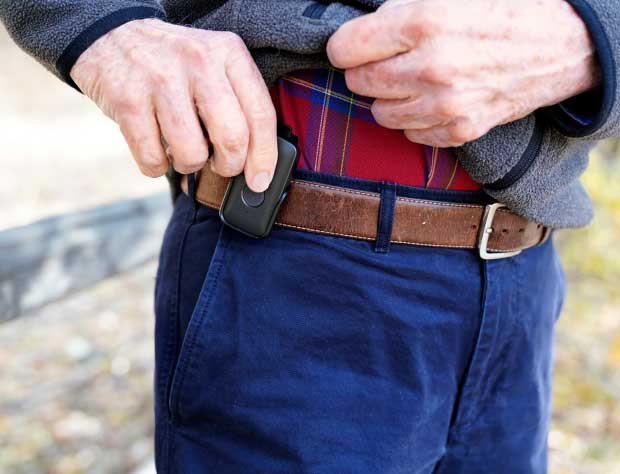
Falls can still happen, even if you have the best fall prevention plan in place. Be sure that you and your loved one have an emergency plan in case a fall happens again. First, consider a medical alert system so that your loved one can easily call for help if another fall happens. The operators are trained to dispatch first responders as well as to alert family caregivers of the fall.
Next, ensure your loved one’s emergency contacts are on their smartphone as well as updated at their physician’s office. If your loved one has a Vial of Life medical information form, update all the information there as well.
Finally, have a safety plan in place where your loved one calls or texts by a certain point in the day or evening so that you know they are safe. You can add an alarm to their smartphone or add it as a routine in their virtual assistant (like Echo or Google Home) so that they won’t forget to text you a quick note that lets you know they are safe.
Begin a fall prevention plan immediately after the first fall happens. Don’t wait or assume that one fall will be all your loved one will have. Instead, play it safe and focus on fall prevention to reduce the chances of subsequent falls.



